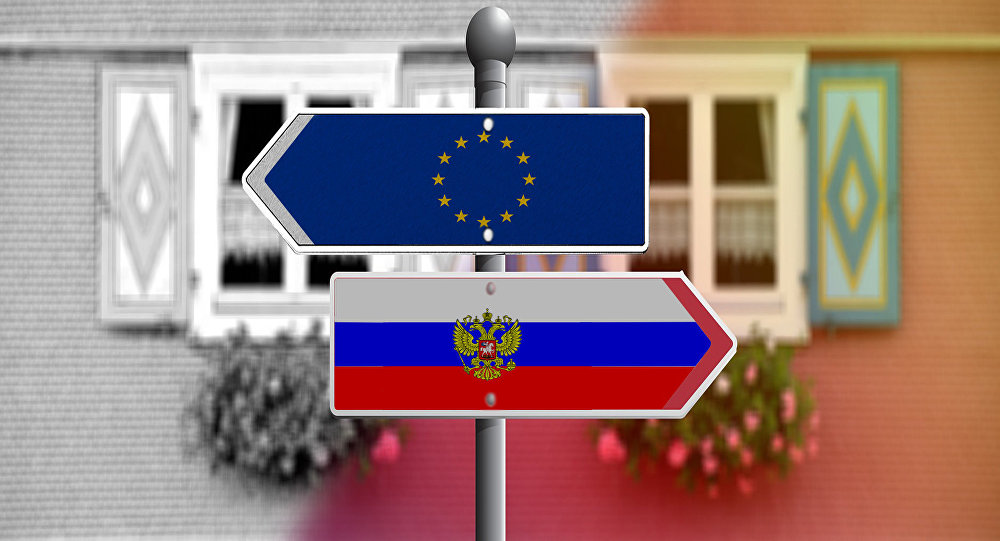IPSOS consultant Srđan Bogosavljević points out that if a referendum on Serbia’s accession to the European Union were held today, 46% of citizens would vote in favour, while 30% would oppose it.
“This difference is one of the largest in recent years, indicating growing support for the EU. However, citizens often state that they do not perceive the European Union as particularly relevant,” Bogosavljević says.
He believes that most of those in favour of joining the EU are motivated by pragmatic reasons, such as better opportunities for future generations, while many do not see personal benefits.
“Pro-European sentiment often depends on specific events and how Europe treats Serbia,” Bogosavljević explains.
As an example, he cites moments when European leaders showed support for Serbia—during the migrant crisis or floods—which significantly boosted positive attitudes toward the EU.
Russia and China more popular than the EU
On the other hand, perceptions of Russia and China are considerably more favourable.
A large number of citizens hold positive views of these countries, often tied to emotional bonds and tangible actions.
“The visit of Russian President Putin or China’s assistance during the pandemic, such as vaccine donations, led to significant surges in the popularity of these countries,” Bogosavljević explains.
He notes that supporters of the ruling Serbian Progressive Party (SNS) often favour China due to economic cooperation and infrastructure projects, while the Socialist Party of Serbia (SPS) and nationalist parties align more closely with Russia.
“This division reflects pragmatism but also a strong emotional connection to traditional allies,” Bogosavljević highlights.
Kosovo, corruption and protests top the list of issues
Bogosavljević indicates that research reveals changing priorities among citizens regarding major societal problems.
“While unemployment once dominated concerns, it has now almost disappeared from the list,” summarises the IPSOS consultant.
However, Kosovo and Metohija remain among the top issues, closely followed by corruption and protests.
“In November this year, protests emerged among the top three problems, with 10% of citizens viewing them as a key challenge. These views also depend on political affiliation—opposition supporters emphasise corruption, while pro-government voters criticise the protests,” Bogosavljević says.
Economic optimism
Bogosavljević believes that perceptions of personal economic status remain positive—37% of citizens expect improvement in the next year, while only 23% predict deterioration.
“Citizens do not exhibit significant fear of economic problems, indicating a period of relative stability,” Bogosavljević notes.
However, he adds that this optimism does not translate into a desire for political change.
“Most people do not see the need for significant changes, stemming from a sense of security and trust in the current government,” Bogosavljević concludes.
Lithium exploitation
On the topic of lithium exploitation, Bogosavljević explains that this issue has not always been examined in the same context in surveys.
“In omnibus surveys, we don’t directly ask about lithium exploitation, but other research provides insights into the topic. At one point, environmental issues were a major public concern, as seen in protest waves that achieved some success. Later, attention shifted to lithium,” he states.
He emphasises that public discourse currently focuses on the Rio Tinto company, but most people do not fully understand how lithium exploitation will affect their daily lives.
Political trends in Serbia
Discussing Serbia’s political landscape, Bogosavljević highlights the importance of the “direction of the country” metric, which he sees as key to assessing the political situation.
According to recent surveys, most Serbian citizens believe the country is moving in the right direction.
“This creates a context in which the government faces little risk of change, while the opposition has limited chances,” Bogosavljević stresses.
He recalls that previous governments, such as those under Milošević and Tadić, lost elections when over 70% of citizens believed the country was heading in the wrong direction. At present, however, 46% of citizens believe Serbia is moving in the right direction.
“When people believe the country is on the right track, the opposition has little room for success. Support for Vučić is exceptionally high, while the credibility of leaders who could challenge him is very low,” Bogosavljević concludes.
He also emphasises that most citizens opposed to the current government are unsure who they would vote for, as the opposition currently lacks a clear and coordinated political platform.
(Blic, 03.12.2024)
https://www.blic.rs/vesti/politika/referendum-o-pridruzivanju-eu-46-za-30-protiv-a-evo-sta-je-kljucno-za-podrsku/2kr7ewz
This post is also available in: Italiano
Source link : http://www.bing.com/news/apiclick.aspx?ref=FexRss&aid=&tid=67503c8ee3cb4a039423affe35fa4c1a&url=https%3A%2F%2Fwww.serbianmonitor.com%2Fen%2Fserbs-closer-to-the-eu-but-emotionally-tied-to-russia-and-china%2F&c=2924309271638816935&mkt=de-de
Author :
Publish date : 2024-12-04 01:49:00
Copyright for syndicated content belongs to the linked Source.
